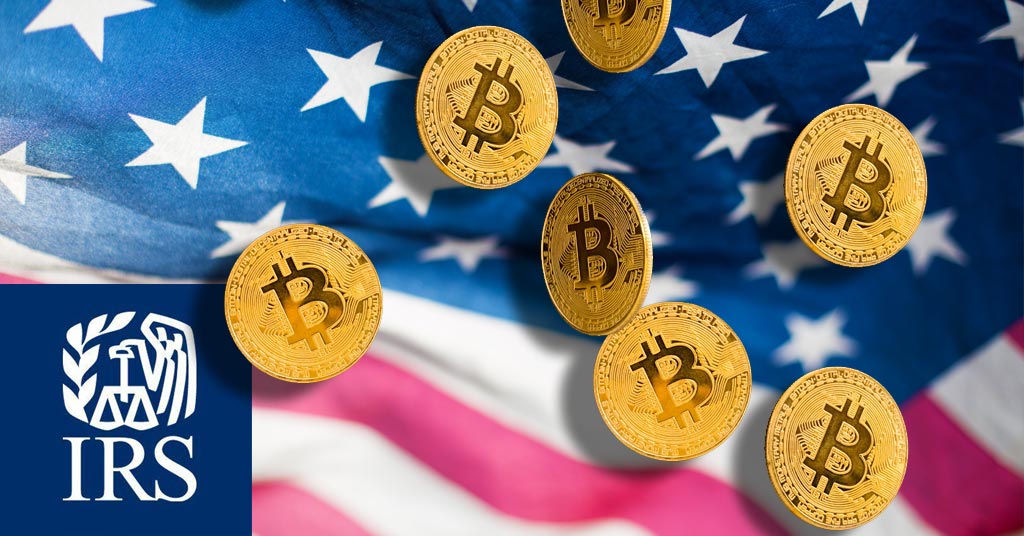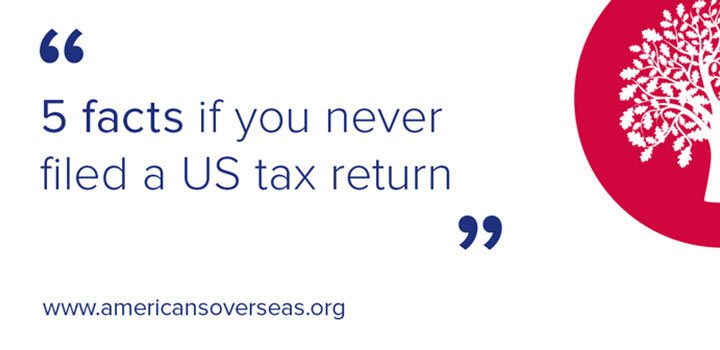
Washington Monthly: Catching Bitcoin Tax Evaders

According to Washington Monthly, the Biden administration doesn’t need Congress’s consent to crack down on bitcoin tax evasion.
Bitcoin/Cryptocurrency is a form of digital currency that records transactions through a decentralized “blockchain” and is impossible to counterfeit. As with other financial instruments, gains from crypto assets are taxed at capital gains rates when sold or exchanged.
Cryptocurrency compliance IRS
Compliance with cryptocurrency leaves a lot to be desired. The Internal Revenue Service (IRS) asks filers on their income tax forms whether they received or made any transactions with cryptocurrency, but third-party reporting in the sector is scarce; unlike brokerages, crypto exchanges are not required to provide traders with 1099s.
It isn’t only crypto gains that are easy to hide; so are the crypto assets themselves. They’re highly portable, making it easy for tax evaders to transfer assets across (digital) national lines. Because cryptocurrencies are not “dollars” tied to one nation or group of nation’s central banks, tax evasion and other financial fraud schemes are typically international in character.
Measures to prevent crypto-related bitcoin tax evasion
President Biden has proposed several measures to prevent crypto-related tax evasion, including expanded reporting requirements for crypto exchanges and businesses that accept cryptocurrencies.
The U.S. must also sign onto Common Reporting Standards developed by the OECD. The Foreign Account Tax Compliance Act (FATCA), passed in 2010, requires foreign financial institutions to report to the IRS on accounts held by U.S. persons or endure financial penalties.
But that allows the U.S. to police only its own tax evaders; it does nothing to police foreign tax evaders who store their assets in the U.S. Because CRS establishes reciprocal information sharing between member nations, if the U.S. were to sign on that would ensure that we didn’t crack down on foreign tax havens just to create our own.
Subject crypto assets to reporting
Neither CRS nor FATCA currently subject crypto assets to reporting (although the OECD has been working on incorporating crypto reporting since last year).
As a consequence, tax evaders can convert assets subject to FATCA and CRS reporting requirements and/or automatic withholding to cryptocurrency and evade detection. The U.S. will need to broaden FATCA’s reportable assets to bitcoin/cryptocurrency. And it needs to work with the OECD to ensure a synchronized approach to digital assets that leaves no room for tax arbitrage.
The Biden administration doesn’t have to wait on Congress to make these changes. CRS is not a treaty, so Biden could commit the U.S. to it without Senate ratification. And given the breadth of its language, the application of FATCA to new financial products is well within the executive branch’s authority. The text of FATCA explicitly allows the Treasury secretary to reinterpret the terms “financial institution” and “financial account.” Even without reinterpretation, FATCA defines a “financial institution” as an organization that “as a substantial portion of its business, holds financial assets for the account of others.” That describes crypto exchanges just fine.
Whistleblowers Bitcoin tax evasion
Another possibility for the Biden administration to crack down on tax evasion through cryptocurrency is to encourage whistleblowers. Cryptocurrency itself is invisible to outsiders, but blockchains, which are essentially public ledgers, are not.
With its depleted funds, the IRS can’t afford a specialized team of agents to trawl the blockchain 24/7 for instances of potential tax evasion or other financial crimes. Given the IRS’s established use of whistleblowers to catch tax evaders, the agency would merely need to reify to the public that the IRS views whistleblowers as partners in tax administration.
Upend tax administration for crypto
Bitcoin/cryptocurrency is a global phenomenon and one with a growing capacity to upend tax administration worldwide. The U.S. has been slow to act to combat this type of tax evasion, but clever use of extant unilateral and multilateral laws on information sharing and programs that capitalize on expertise and information outside the government provides opportunities for much better protection against tax evasion.
Americans Overseas
We, the founders of Americans Overseas, were born in the Netherlands and obtained our American nationality through our (American) mother.
When we heard about the US tax system for the first time around 2013, we were in total disbelief (it can’t be true!), anger (how can they do this?), fear (am I going to get fined or pick up other problems?), and panic (what should I do?). It is (unfortunately) true that there is an additional American tax levy. But there’s no information from the local government, and when approached, the consulate referred us to the IRS, and the IRS was impenetrable.
That’s why we started this initiative to help people from all over the world by providing proper information about the US tax system to avoid unnecessary panic and offering help free of obligation and free of charge. If needed, we have a network of affordable professionals (accountants) who can help you with your bitcoin tax obligations.
Contact us for more information
Source: Washington Monthly
Frequently asked questions
Understanding the US tax system, the obligations, and all the additional terms can be difficult. Especially if one lives outside of America. Is your question not answered? Contact us.
-
Who is required to file taxes in the US?
U.S. citizens and resident aliens who live abroad are generally required to file a federal income tax return and pay taxes on their worldwide income.
Read more... about Who is required to file taxes in the US? -
Do US citizens living abroad still have to file taxes in the US?
Yes, US citizens are required to file taxes on their worldwide income, regardless of where they are living.
Read more... about Do US citizens living abroad still have to file taxes in the US? -
How can I cash my US check?
Received an American check? You can cash your check in the following ways: cash the check at your own bank, transfer to another person (endorsement), cash checks using an online service or cash the check by another bank.
Read more... about How can I cash my US check? -
Are there any special tax forms required for US citizens living abroad?
US citizens living abroad may be required to file Form 2555 and/or Form 1116 to claim the foreign-earned income exclusion.
Read more... about Are there any special tax forms required for US citizens living abroad? -
What is FBAR filing?
FBAR (Foreign Bank Account Report) filing is the requirement for certain U.S. individuals and entities to report their foreign financial accounts to the Financial Crimes Enforcement Network (FinCEN) of the U.S. Department of Treasury. The FBAR filing requirement applies to U.S. persons who have a financial interest in, or signature authority over, one or more foreign financial accounts if the aggregate value of those accounts exceeds $10,000 at any time during the calendar year.
Read more... about What is FBAR filing?





